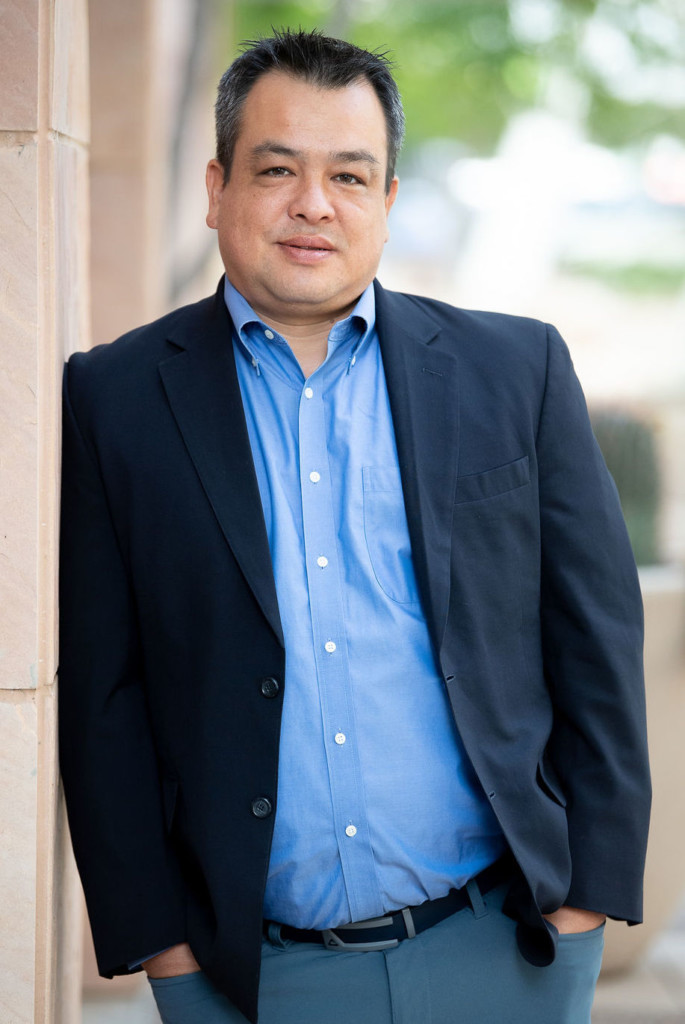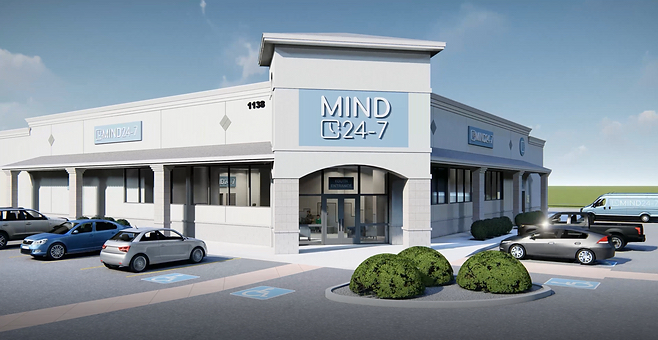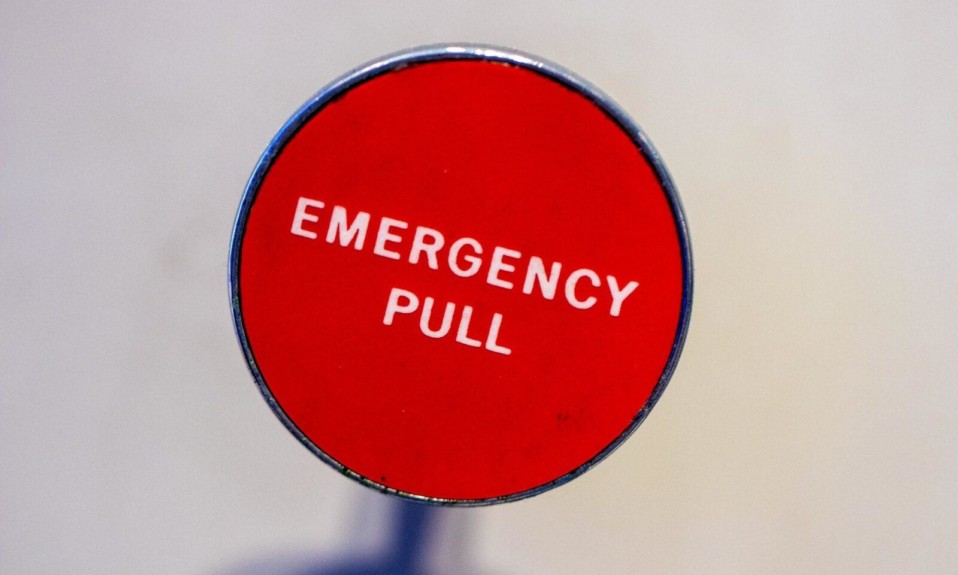The Arizona-based provider thinks it can fill important gaps in the field with its walk-in treatment access
By Jenny Diedrich
With an innovative model centered on walk-in access to care, Arizona-based MIND 24-7 is aiming to become, as the company has put it, the Starbucks of behavioral health treatment.

MIND 24-7 provides urgent and crisis mental health care for youth and adults in addition to a short-term intensive outpatient program—all available around the clock and without an appointment. The provider opened its first clinic in September in Phoenix and now has three locations in Arizona, with plans to expand to Las Vegas by this summer and ultimately across the country.
CEO Jeff Spight and his fellow company founders have worked in healthcare for years, mostly in value-based care. “In trying to manage the total cost and quality of care, one of the major challenges was around getting people access to mental health for emergent and urgent needs,” Spight says. “The problem we saw was that our system is using the emergency room as the default front door if you need help right away. While they are wonderful places, [ERs] are not really staffed to handle the variety of needs. We thought we could build a better front door.”
Spight believes his company can enhance patient care while reducing costly emergency room visits, in-patient treatment and readmissions for crisis care. One of its operating principles is to always say yes.
“We said, ‘Let’s deal in the space being totally patient-centric. Whatever your age, need or insurance status, let’s just always say yes.’”
—Jeff Spight, CEO, MIND 24-7
“Currently, the behavioral health system is a fabric of complex solutions for specific needs—clinics for people with schizophrenia, autism, post-traumatic stress disorder, eating disorders. A lot of people don’t necessarily fit those buckets. We said, ‘Let’s deal in the space being totally patient-centric. Whatever your age, need or insurance status, let’s just always say yes.’ Once we made that commitment, we can do what’s clinically right for our patients and not let the business end of it get in the way.”
MIND 24-7’s Levels of Care
MIND 24-7 operates with three main levels of care. The first, Psych Express Care, offers urgent, walk-in care. Patients receive a psychological assessment, treatment plan and any necessary medications along with referrals for additional care and coordination with their current providers.

“We shoot for under 15 minutes from when [a patient] walks in until they see the provider. No appointment needed. Right now, our average express patient is in and out in an hour. That’s really a game changer for the market. It’s difficult for people to get help, and they can’t always schedule their mental health crises,” Spight says.
Psych Express helps support other providers who can’t be available around the clock, Spight says. “We have patients who just need a refill. Possibly they’re having some anxiety and want to be able to talk to someone. This totally changes people’s view of access to care and the commitment of their own time they need to sacrifice. We’re a super easy button.”
The second level, Psych Crisis Care, provides care by a skilled, multidisciplinary team until patients are ready to be discharged or transitioned to a longer-term program. Psych Crisis Care can reduce the need for suboptimal inpatient admissions, according to Spight. “If you need more than four hours of care, [the system] tends to put you in a room for two weeks. What we’re able to do in that situation is assess, aggressively treat and discharge you into the community the next day. Seventy percent of the time we’re able to avoid that inpatient admission,” he says.
The third level of care, called Psych Progressions, is a bridge program to fill the gap with outpatient services while MIND 24-7 helps patients find a permanent therapist or program. “Our goal here is to provide enough interim treatment and support to help the patient be prepared for wherever they land as their permanent space so they are successful,” Spight says.
MIND 24-7 has seen support from police departments and other community providers. “We have police [officers] who are over the moon happy with us. They now have a way to get people help. I want to change the way people access the system. Let’s keep them out of an inpatient bed if they don’t have to be. Let’s keep people out of the ER and let the ER do what it does best. Let’s give people the best chance of success when they hit the system. We’re filling a need at a time when the world really needs it,” Spight says.














